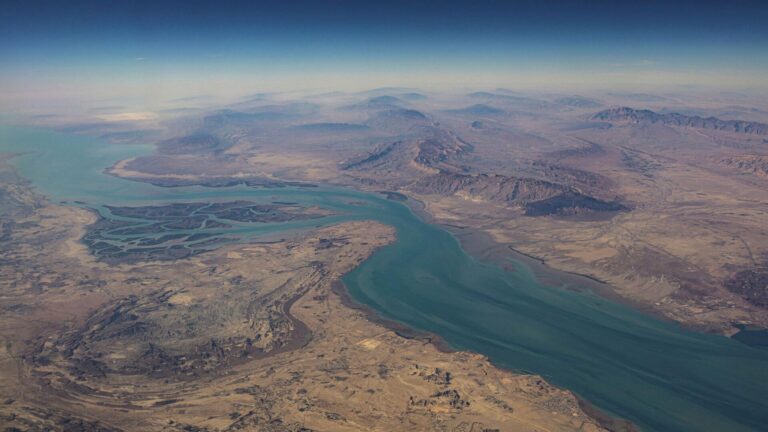Turkey has announced its wishlist: how does this threaten Armenia?
February 28 2024, 15:51
We have long crossed the Rubicon, beyond which Armenia’s foreign and domestic policy is largely determined by the wishes and preconditions of foreign policy actors. First of all, we are talking about Turkey.
For many years, Turkey has put forward a number of preconditions, the compliance with which will allegedly allow Armenia to “peacefully coexist with Turkey and have an open border with it,” to abandon Artsakh, to abandon not just the policy of international recognition of the Armenian Genocide in the Ottoman Empire, but to forget this page of Armenian history, to abandon the symbols of statehood and the Declaration of Independence, to close the Metsamor nuclear power plant, etc.
As can be seen from the above list, the Armenian authorities consistently implement these points. The relations between official Ankara and Yerevan have long been inscribed within the “subject-object” formula rather than “subject-subject”. Especially after the loss of Artsakh in 2023, Turkey stopped using vague statements and openly announced its “geopolitical wishlist” in relations with Armenia.
Over the past few days, Turkish Minister of Transport and Infrastructure Abdulkadir Uraloglu first stated that the Zangezur Corridor is an important project that will connect Ankara with the Turkic world. After that, Shamil Ayrim, Deputy of the Grand National Assembly of Turkey and Head of the Turkish-Azerbaijani interparliamentary friendship group, stated that Turkey will not open the border with the Republic of Armenia until all problems between Azerbaijan and Armenia are resolved. In other words, the next batch of geopolitical orders has been announced. The question is: how can this order be implemented?
Giving a corridor to Turkey and Azerbaijan is an action that contradicts all of Pashinyan’s propaganda starting in 2021. Therefore, the logical way out would be such conditions when providing a corridor or fulfilling any other requirement of Turkey and Azerbaijan may seem the lesser of evils. In turn, it is logical to create conditions under which Armenia will be put in a situation (or at least be presented to the public in this way) when it is impossible not to comply with the demands of Ankara and Baku.
One of the options in this situation may be to provoke Russia to not comply with its obligations as an ally. For example, to invite the president of a country that is at war with Russia to Armenia, thereby indicating the geopolitical preferences in the Ukrainian conflict and giving a signal to Baku, Ankara, and London that the geopolitical dome protecting Armenia has been destroyed. After that, compliance with the demands of Ankara and Baku will become a matter of time. Moreover, it could be presented to the Armenian public as salvation, and even the following statement could be made: “I surrendered the corridor, but saved 3 million residents of Armenia.”
It is obvious that this corridor is needed not so much to suppress the remnants of Armenian statehood as to fight Iran and, first of all, Russia, since the South Caucasus will turn into a tension point—a point from which Russia may be attacked in the future. Will Russia succumb to provocations and abandon its allied obligations, and will it let Baku, Ankara, MI6, and Yerevan implement this scenario?
There is no definite answer to this question, but the specifics of Russia are such that the response may come from such a point and at a time when no one expects it. Don’t you believe it? Remember how, after the Nord Stream pipeline blasts, it was repeatedly discussed how Russia could react to this. And on the same day when it became known that the head of Yemen, Ahmad Awad bin Mubarak, would visit Moscow, it was reported that, as a result of attacks by the Yemeni Houthis in the Red Sea, at least four underwater telecommunications cables that stretch between Jeddah and Djibouti and serve as communication channels between Europe, Africa, and the Middle East were damaged․
Damage to cables has caused major disruptions in Internet communications between Europe and Asia.
To put it differently, the response to “perfectly planned operations” may come at a place and moment when no one expects it. The only question is how much damage Armenia will suffer because of its involvement in developments in which there are no Armenian interests.
Think about it.







